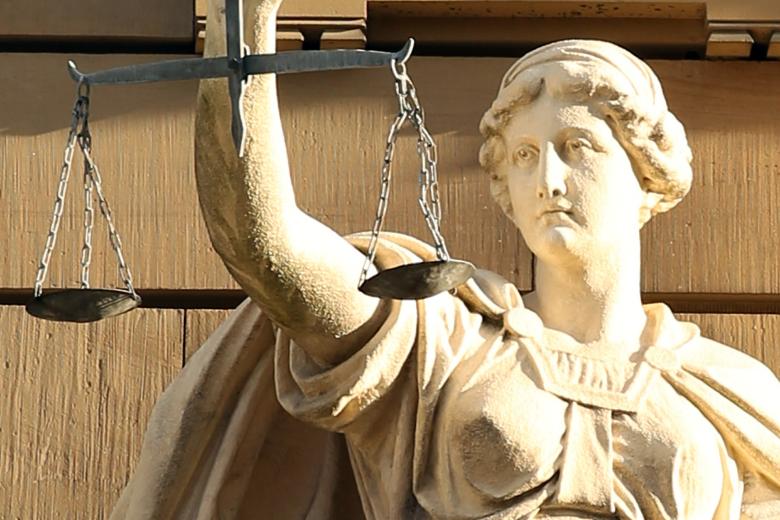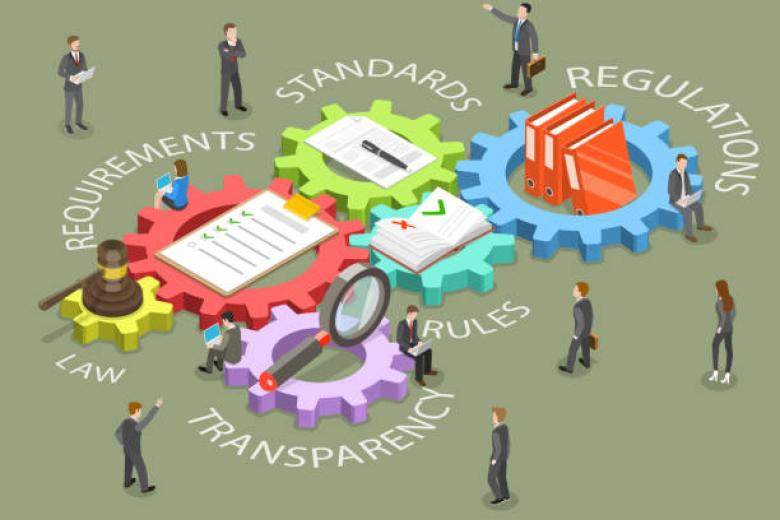Breath in, breath out. Yes, the judgment of the (unlawfully composed) Polish Constitutional Tribunal is a serious challenge to the European Union’s legal system and to the principle of primacy of EU law. No, Poland has not activated the process of withdrawal from the EU under Article 50 TEU. Yes, EU institutions will need to take robust action in response to the ruling. No, this will not be the end of the EU as we know it, nor of Poland’s membership in the EU project. Let’s take another deep breath and briefly reflect on these main points in the next paragraphs.
M-EPLI Roundtable: Punitive Damages
- Law
What is the perspective of several countries on punitive damages in and outside of Europe? What issues arise from the recognition and enforcement of foreign (mostly US) punitive damages judgments? How do different countries view the public policy exception?
These questions and more were among the topics that were addressed during the M-EPLI Roundtable on punitive damages that took place on October 14th. The Roundtable was organized by Lotte Meurkens and Cedric Vanleenhove. Multiple experts shared their insights on the recognition and enforcement of punitive damages in several countries.

Resisting membership fatalism
- Law
While we fully agree with the main thrust of the editorial ‘The Exit Door’ on Verfassungsblog last Friday, we would like to warn against its seemingly fatalistic mindset. Yes, a Polexit from the EU is not on the table until the Polish government itself pushes the Article 50 TEU button, but the other EU Member States do not have to idly wait ‘hoping’ for a resolution to the crisis.

Kicking off the “EU and global cybersecurity fundamentals” course
- Law
I am very pleased that today we will start teaching the EU and Global Cybersecurity Fundamentals course within the Advanced Master in Privacy, Cybersecurity and Data Management LLM we created at ECPC. Today we will kick off the course with Brian Honan, who will lecture on the concept of cybersecurity and provide an introduction to cryptographic tools.

Boards of appeal of EU agencies at a crossroads
- Law
The Boards of Appeal established for the decision-making agencies perform a function that lies between exercising administrative review, at the one end, and offering judicial review, at the other. It is still unclear in which direction they will ultimately move, and more research in this fast-developing area of EU administrative law is needed.

“Part of eu law”, but only partially: the issue of the accessibility of harmonised standards
- Law
The completion and consolidation of the EU internal market has relied on the rule-making activities of private actors for more than three decades now. Following the regulatory technique of the New Approach, EU institutions have entrusted standard-setting organisations, composed of experts and representatives of the industry, to elaborate technical standards that prescribe voluntary technical requirements to be fulfilled by a product, process, service or system.

When are foreign language terms descriptive and hence should be refused trade mark protection?
- Law
Recently, the General Court in the HELL coffee case has confirmed that a descriptive foreign language term (German word HELL) can be granted protection under EU trade mark law (Hell Energy v. EUIPO, T-323/20).

Platform liability for unsafe products sold by third party sellers
- Law
Some of the favourite expressions of online platform providers around the world are that they ‘only offer a platform’ and are ‘in no way responsible for statements made or goods offered by third parties on their platform’. However, recent US case law held Amazon liable for physical harm caused by goods sold by a third party on their platform. This newsletter provides an overview of this case law and looks into the question of whether the EU Product Liability Directive allows a similar approach.

Are the German courts actually fighting for (in)justice?!
- Law
German courts have been on the news a lot lately and for good reasons: From siding with young environmental activists fighting against climate change to prosecuting war criminals and terrorists that other jurisdictions have failed to prosecute, the German courts are actively trying to fight injustice, even when such wrongs have been committed outside of its sovereign territory.

M-EPLI’s commitment to the “private side” of a sustainable world continues…
- Law
Achieving a sustainable way of life requires massive societal changes and (private international) law should enable, rather than hamper, the realization of such essential goals.

